When it comes to selecting the right fabric for a product or garment, businesses often find themselves faced with a variety of choices. Two popular options, rayon fabric and silk, are often considered due to their luxurious feel, versatility, and aesthetic appeal. In this article, we will provide a comprehensive comparison of rayon fabric and silk, enabling businesses to make informed decisions about which fabric best meets their requirements. 1. Fabric Composition: Rayon Fabric: Rayon is a versatile synthetic fabric made from cellulose fibers derived from wood pulp or other natural sources. It is known for its softness, breathability, and drape. Rayon can closely resemble natural fibers such as silk, cotton, or linen, making it a cost-effective alternative. Silk: Silk is a natural fabric sourced from the cocoons of silkworms. It is appreciated for its luster, durability, and smooth texture. Silk is highly luxurious and often associated with high-end garments, making it a popular choice for upscale businesses.
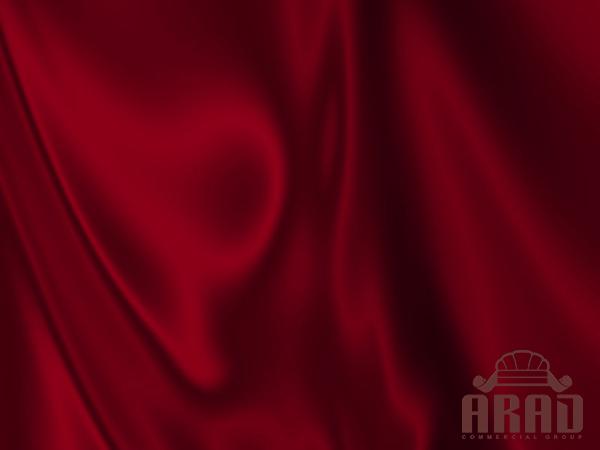
.
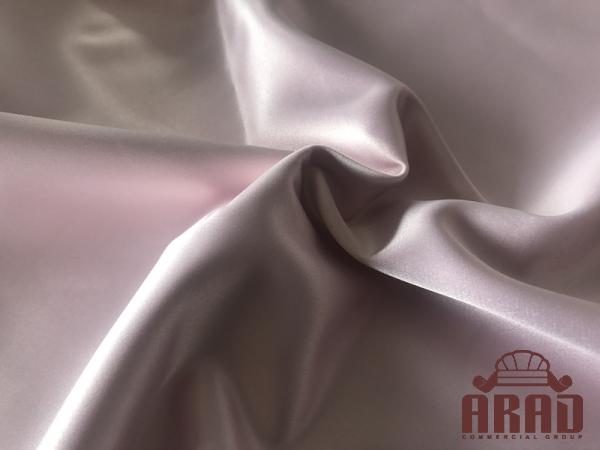 2. Manufacturing Process: Rayon Fabric: The process of manufacturing rayon involves chemical treatments to extract cellulose from natural sources, followed by processing and weaving. The resulting fabric can be classified into various types, including viscose rayon, modal rayon, and lyocell. Silk: The production of silk involves carefully cultivating silkworms, harvesting their cocoons, and extracting the silk fibers. The cocoon is subjected to a delicate spinning process, resulting in the fine, lustrous strands that are then woven into silk fabric. 3. Properties and Characteristics: Rayon Fabric: Rayon fabric offers advantages such as breathability, moisture absorbency, and draping properties. It has a smooth, soft feel similar to silk but tends to be lighter. However, rayon can be less durable and prone to wrinkling, requiring careful handling. Silk: Silk is renowned for its natural sheen, luxurious feel, and ability to regulate body temperature in all seasons. It is highly resilient and durable, making it an ideal choice for long-lasting products. Silk is also wrinkle-resistant, retaining its shape and appearance for extended periods.
2. Manufacturing Process: Rayon Fabric: The process of manufacturing rayon involves chemical treatments to extract cellulose from natural sources, followed by processing and weaving. The resulting fabric can be classified into various types, including viscose rayon, modal rayon, and lyocell. Silk: The production of silk involves carefully cultivating silkworms, harvesting their cocoons, and extracting the silk fibers. The cocoon is subjected to a delicate spinning process, resulting in the fine, lustrous strands that are then woven into silk fabric. 3. Properties and Characteristics: Rayon Fabric: Rayon fabric offers advantages such as breathability, moisture absorbency, and draping properties. It has a smooth, soft feel similar to silk but tends to be lighter. However, rayon can be less durable and prone to wrinkling, requiring careful handling. Silk: Silk is renowned for its natural sheen, luxurious feel, and ability to regulate body temperature in all seasons. It is highly resilient and durable, making it an ideal choice for long-lasting products. Silk is also wrinkle-resistant, retaining its shape and appearance for extended periods.
..
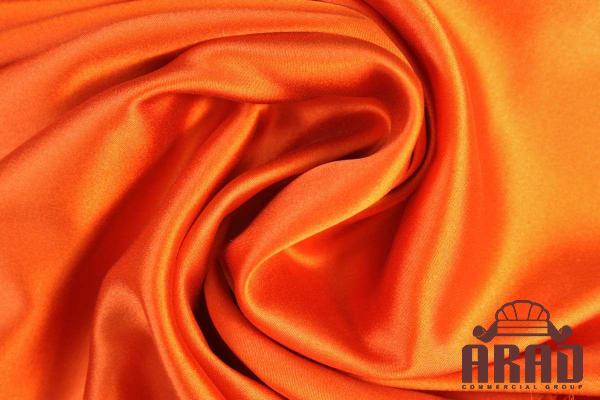 4. Applications and Usability: Rayon Fabric: Rayon is widely used in the textile industry for various applications, including apparel (dresses, blouses, shirts), upholstery, linings, and interior décor. Its versatility and affordability make it suitable for producing high-quality garments at a lower cost compared to silk. Silk: Due to its luxurious properties, silk is often used to create high-end clothing and accessories such as lingerie, evening gowns, scarves, and ties. Additionally, silk is embraced in the home decor industry for luxurious bedding, curtains, and upholstery. 5. Care and Maintenance: Rayon Fabric: Rayon fabric tends to be delicate and requires special care to maintain its longevity. It is generally recommended to hand wash or use a gentle cycle in cold water. Rayon should be laid flat to dry or hung to prevent stretching.
4. Applications and Usability: Rayon Fabric: Rayon is widely used in the textile industry for various applications, including apparel (dresses, blouses, shirts), upholstery, linings, and interior décor. Its versatility and affordability make it suitable for producing high-quality garments at a lower cost compared to silk. Silk: Due to its luxurious properties, silk is often used to create high-end clothing and accessories such as lingerie, evening gowns, scarves, and ties. Additionally, silk is embraced in the home decor industry for luxurious bedding, curtains, and upholstery. 5. Care and Maintenance: Rayon Fabric: Rayon fabric tends to be delicate and requires special care to maintain its longevity. It is generally recommended to hand wash or use a gentle cycle in cold water. Rayon should be laid flat to dry or hung to prevent stretching.
…
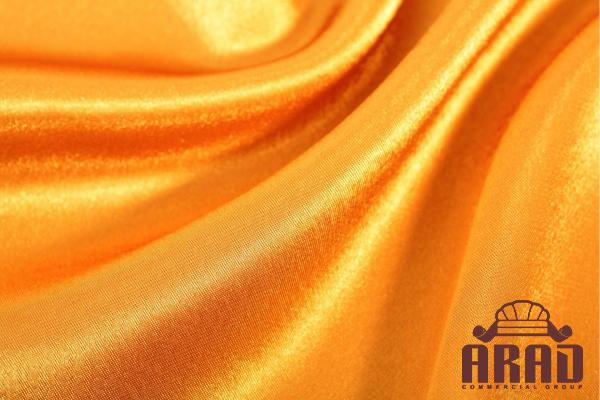 Additionally, ironing on a low temperature is recommended. Silk: Silk requires gentle handling to preserve its delicate nature. It is usually recommended to hand wash silk with mild detergent or utilize a gentle machine cycle with cold water. While silk can be ironed, it is advised to use low to medium temperatures and place a cloth over the fabric to prevent damage. Conclusion: In the business world, choosing the right fabric is crucial for product quality, customer satisfaction, and cost-efficiency. Rayon fabric and silk both offer unique characteristics and aesthetics that can elevate products to the next level. By understanding the differences between rayon fabric and silk in terms of composition, manufacturing process, properties, applications, care, and maintenance, businesses can make informed decisions about which fabric best suits their needs and target market.
Additionally, ironing on a low temperature is recommended. Silk: Silk requires gentle handling to preserve its delicate nature. It is usually recommended to hand wash silk with mild detergent or utilize a gentle machine cycle with cold water. While silk can be ironed, it is advised to use low to medium temperatures and place a cloth over the fabric to prevent damage. Conclusion: In the business world, choosing the right fabric is crucial for product quality, customer satisfaction, and cost-efficiency. Rayon fabric and silk both offer unique characteristics and aesthetics that can elevate products to the next level. By understanding the differences between rayon fabric and silk in terms of composition, manufacturing process, properties, applications, care, and maintenance, businesses can make informed decisions about which fabric best suits their needs and target market.
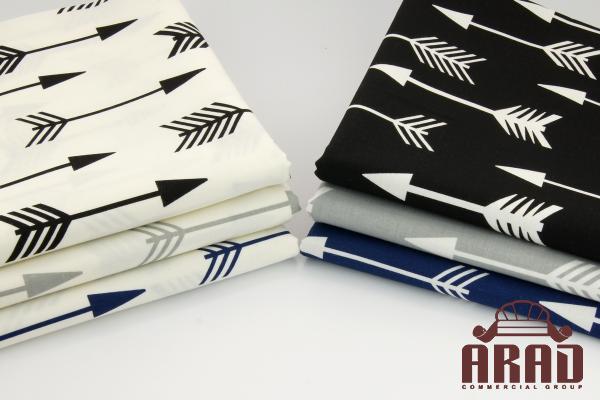
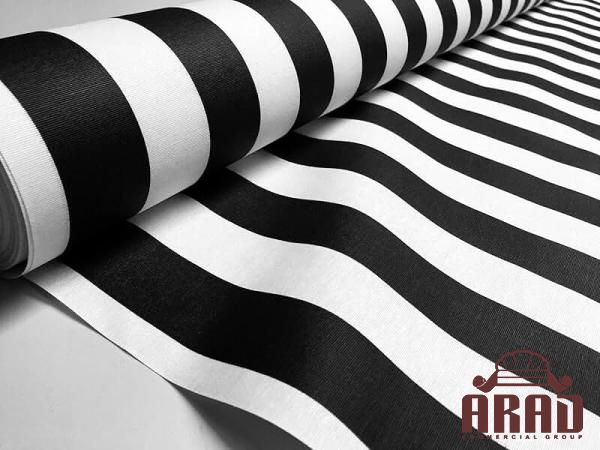
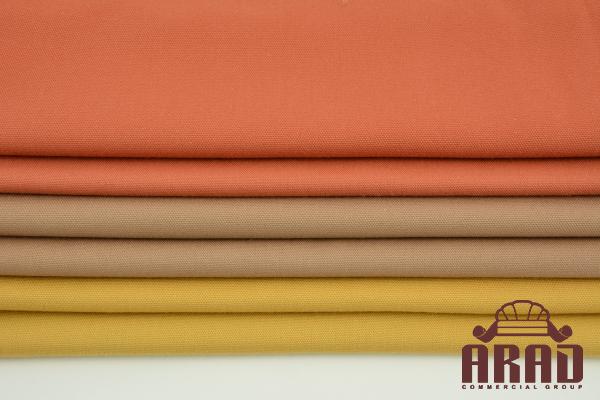
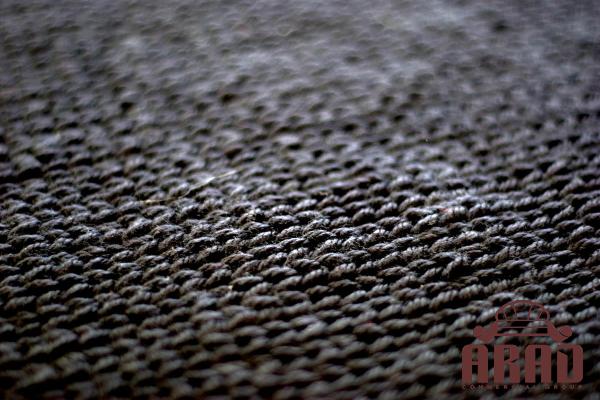
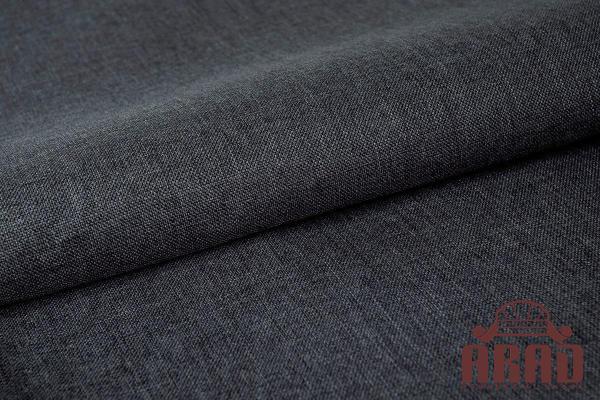
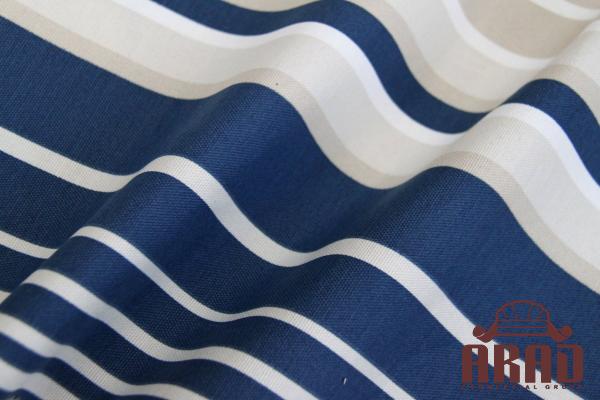
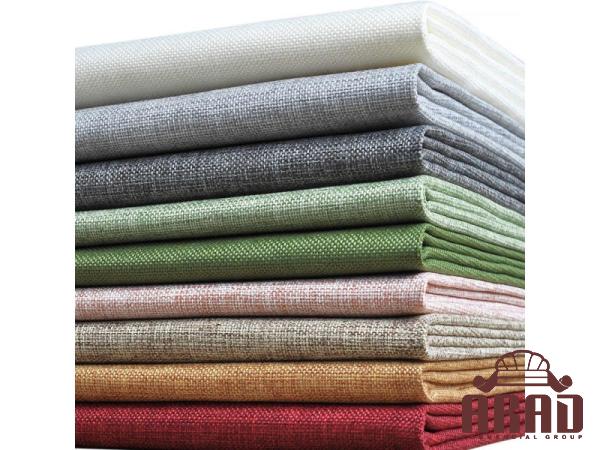
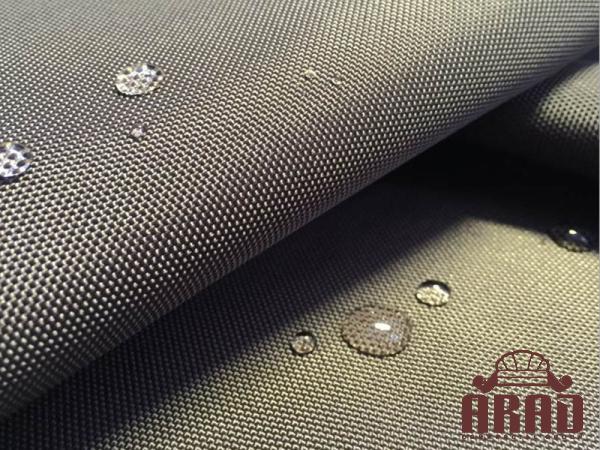
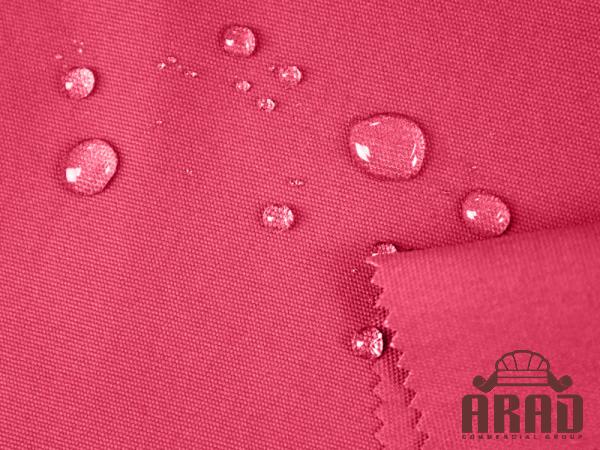
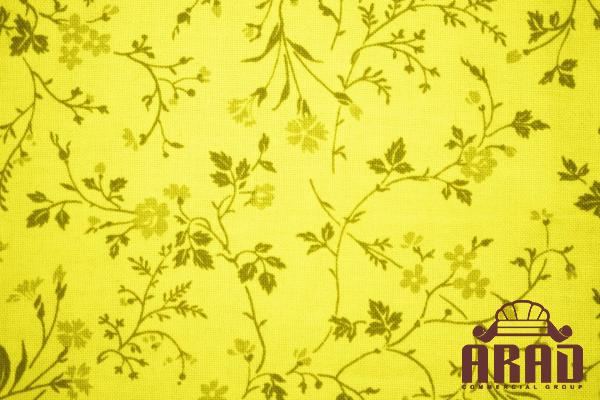
Your comment submitted.